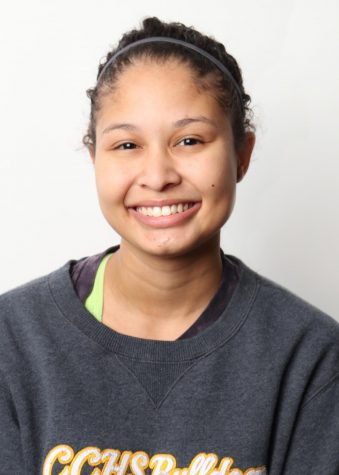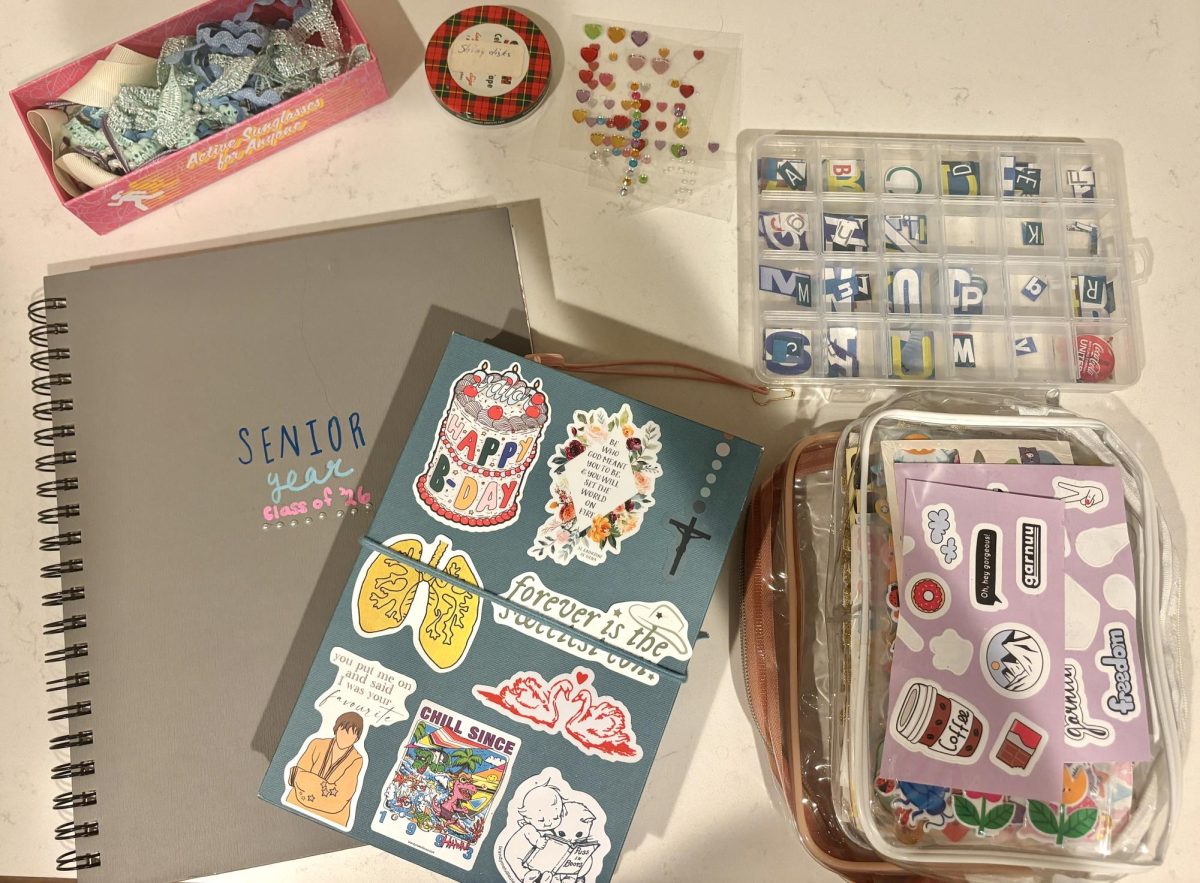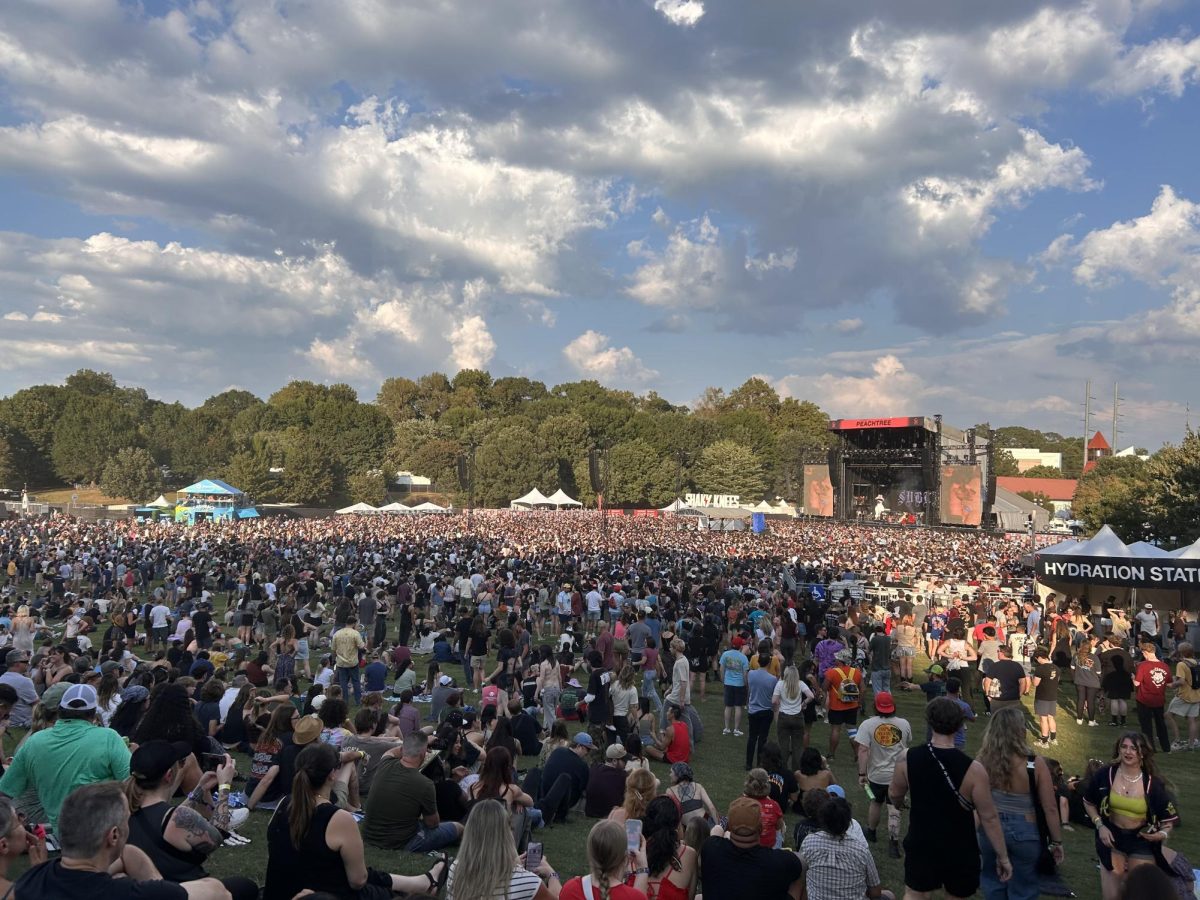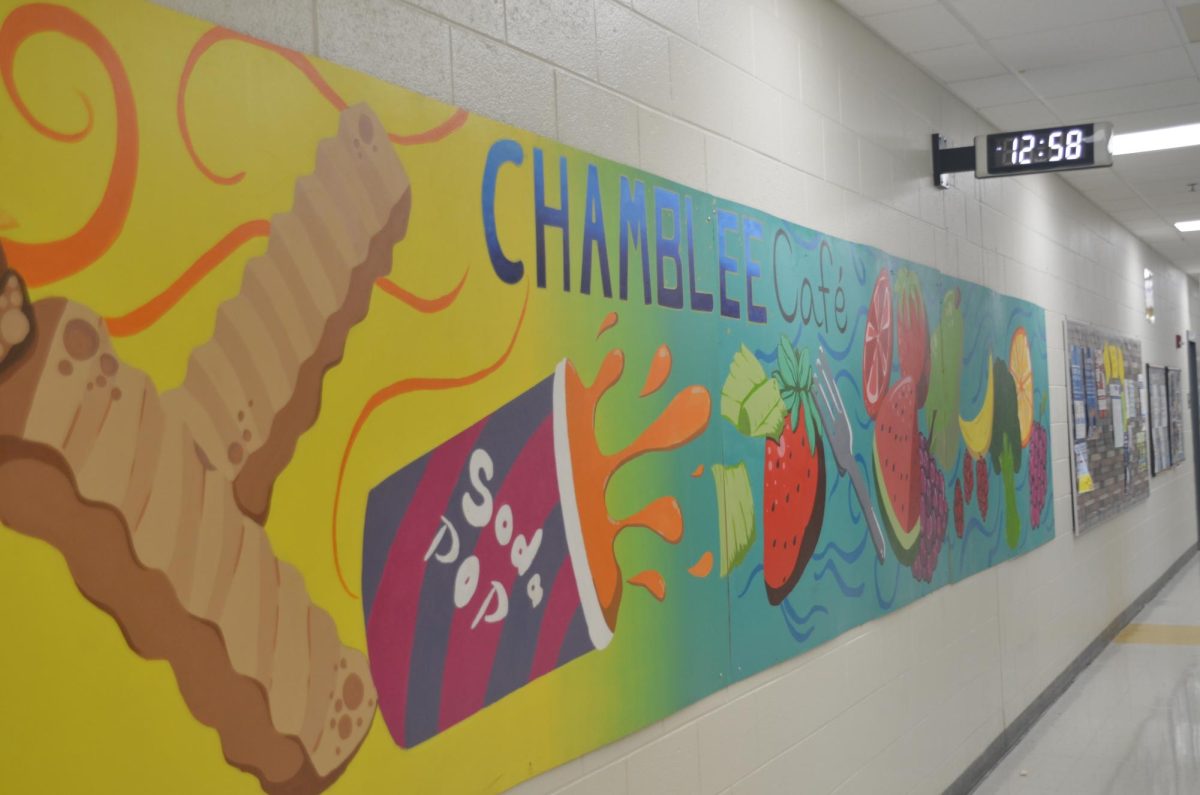Why Don’t We Learn About the Black Panthers?
We never learn about the Black Panther Party in school — and honestly, it’s annoying.
February 22, 2019
For most of my life, I have spent the month of February — or, in the case of our current education system, at least one day of the month of February — learning about black history. But it took me until my junior year of high school to learn anything about the infamous Black Panther Party of the black liberation movement. And I didn’t learn about the Black Panther Party in my U.S. history class, but on my own when I stumbled upon the PBS documentary “The Black Panthers: Vanguard of the Revolution” on Netflix. I was introduced to a whole new set of information about the Black Panthers, which opened my eyes to an entirely different mindset about their purpose.
Let me set the record straight: the Black Panther Party was not a terrorist organization, no matter what anybody tries to tell you. Were there members of the party that participated in some questionable acts? Yes. But can you judge the actions of a couple members as an accurate representation of the entire group? Absolutely not.
The Black Panther Party was founded in 1966 in Oakland, California by Huey Newton and Bobby Seale. The group called for the arming of African Americans, the release of African Americans from the draft and the biased prison system, and for African Americans to be compensated for hundreds of years of their free, forced labor. At one point, the Black Panther Party had more than 2,000 members in cities across the United States, such as Oakland, New York, Los Angeles, Philadelphia, and Seattle.
The Oakland Panthers were active members of their communities, starting the Free Breakfast for School Children program in January of 1966. The program in Oakland grew so rapidly that by the end of the year, the Panthers were feeding 10,000 children breakfast across the United States.
The Black Panthers brought a sense of security to black communities all over this country, and despite the efforts of the FBI to criminalize the organization as a whole, the Black Panther Party made an everlasting effect on the black liberation movement.
But somehow, whenever we talk about black history, the Black Panther Party’s name is nowhere to be found. When we don’t talk about it, people get the wrong idea about the black liberation movement. Then the misconception that the Black Panther Party was a “terrorist” organization still lingers in the minds of many people, leaving them unaware of what the Panthers actually stood for, and of the good that they did for the black community.












Beverly Brown Leopard • Feb 26, 2019 at 12:58 pm
Liked your article – and it’s so true they seemed to only get “bad” press. Just a note of interest, while working at the University of Washington and taking classes the leader of the Black Panthers Group in Seattle came by my desk to see the head of the Scholarship & Loan Department. Knowing their reputation I was a “bit” apprehensive, however he was very polite, even a little shy, unassuming and a true gentlemen.
Keep up the articles !